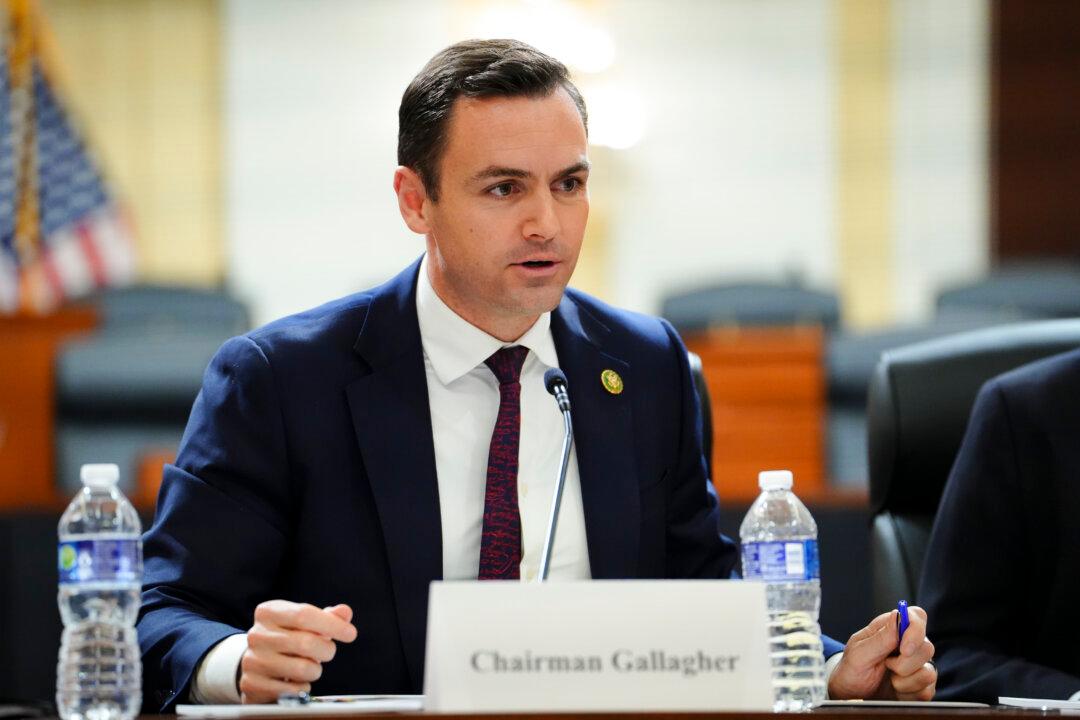The House Select Committee on the Chinese Communist Party (CCP) is asserting that Ford Motor Co. plans to use technology and software from four Chinese companies that also supply the regime’s military, North Korea, and China’s Ministry of Public Security and have direct ties to the ongoing genocide of Uyghur Muslims in China’s Xinjiang region.
Committee Chairman Mike Gallagher (R-Wis.) and Rep. Cathy McMorris Rodgers (R-Wash.), who chairs the House Energy and Commerce Committee, claim to have uncovered evidence of Ford’s plans while investigating the carmaker’s partnership with China-based electric vehicle (EV) battery maker Contemporary Amperex Technology Co. Ltd. (CATL).





